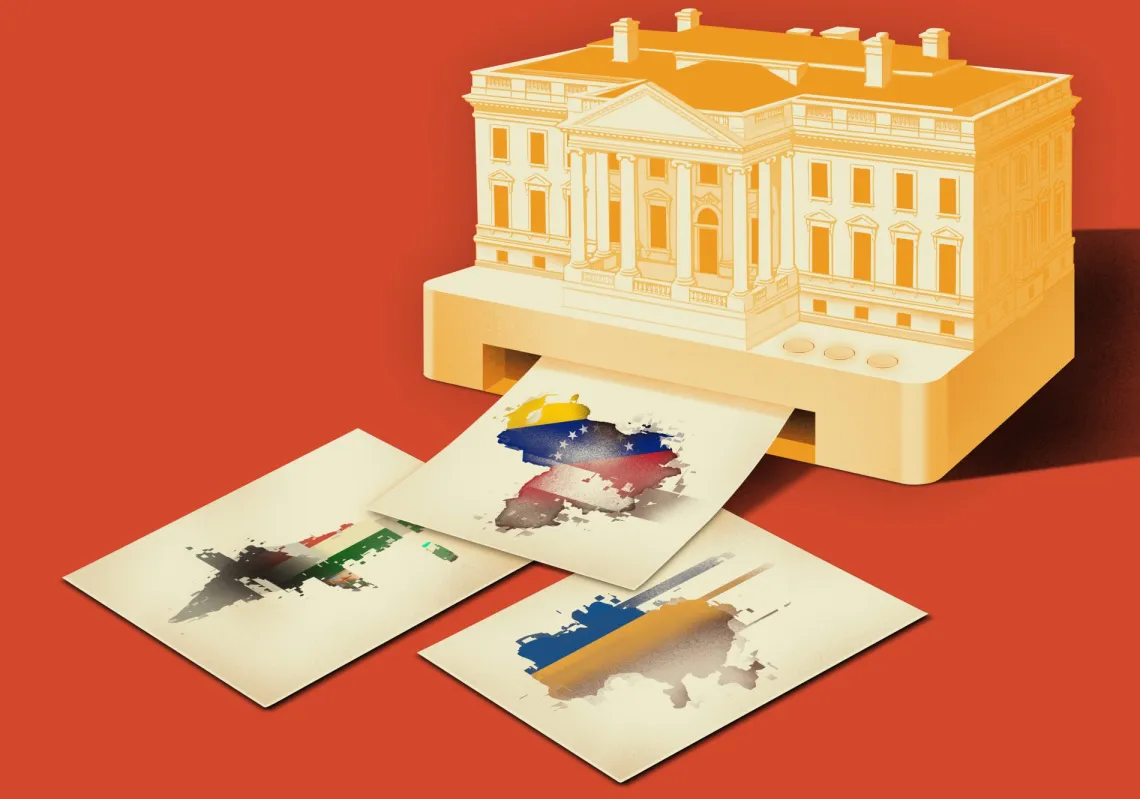Beirut: Paul Chaoul is plentiful, diverse, full of ideas, and problematic. He is experimental in the eyes of classicism, but a modernist in its empiricism. A stranger to all sects, schools, and currents, he has his own language.
The Lebanese poet carves his language from the rock of relentless experimentation. Continuously entering into marriages with philosophy, different schools of thought, cinema, and music, he presents distilled, fresh, original, and rich abstracts.
He invites us to a first meeting with every reading or re-reading to embark together on a transparent yet mysterious maze. Harmonising himself with every step of the way, he peels off the layers of knowledge for us.
Displaced in his own place where dreams dissipate, places fade, and meanings are lost, Chaoul carries his archive of poetry, translations, plays, and political analysis spanning over half a century and unleashes it into the wilderness of free thought, leaving it to those who come after him to revive his writings and use them to write his biography.
Chaoul lives in solitude, inhabited by books, nostalgia, and cigarettes. He lets it weave through him leisurely, occasionally leaving it to sit at a café on Al-Hamra Street, where he observes its manifestations.

He was sitting, smoking in silence, when Al Majalla approached him for a discussion on poetry, cities, and language — in a world facing the virtual invasion of expression for the sake of empty isolation, resulting in intellectual and social paralysis.
Beirut’s demise
Paul Chaoul's city is constantly evolving and in dialogue with itself, its people, visitors, and the world. It understands contradictions, embraces different cultures, and does not adhere to any power; on the contrary, it exposes it.
This city no longer exists; Beirut no longer enjoys these qualities, and the world is witnessing it fade, along with everything it once stood for.
Read more: In Lebanon, the price of gas ‘fuels’ isolation and empties streets
"I'm a village boy who ran to Al-Hamra and lived Beirut at its peak as the capital of Arab culture in its broadest sense, and the capital of freedom and democracy... back when we were open to all Arabs and all cultures. There was diversity; there was a right and left, whereas sectarian parties prevail today. The Beirut I knew showed me acceptance and rejection, helping me develop a critical mind," Chaoul said.











